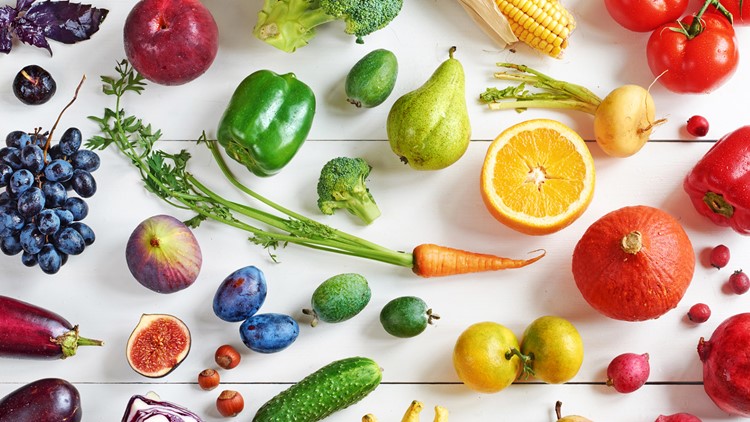COLUMBIA, S.C. — As we move indoors during winter, infections from cold, flu, COVID-19 and other viruses rise. Why are some people more susceptible to infections than others, and what can you do to boost your immune system to and stay well? Alan C. Peterson, Jr., MD, with Lexington Internists answers your questions.
Q. Why are some people more susceptible to infections than others?
A. Certain medications and biologicals, like those used to treat cancer and auto-immune disorders, can suppress the immune system and increase the likelihood of getting infections.
Poor diet, not getting enough sleep, smoking and drug or alcohol abuse can also suppress the immune system.
Q. Is it possible to boost my immune system by eating certain foods?
A. Studies have shown that fruits and vegetables provide nutrients—like vitamin C, vitamin E, and beta-carotene—that can boost immune function.
Many vegetables, fruits, and other plant-based foods are also rich in antioxidants—molecules that fight free radicals in your body. Free radicals are compounds that can cause harm if they reach a high level in your body. They’re linked to multiple illnesses, including diabetes, heart disease, and cancer.
Oxidative stress is an imbalance of free radicals and antioxidants in the body. Your body has its own antioxidant defenses to keep free radicals in check. However, eating a diet full of antioxidant-rich foods such as fruits, vegetables and berries can balance free radicals and help you stay healthy.
Q. Are there supplements I can take to boost my immune system?
A. Moderate amounts of certain vitamins and minerals support immune health.
Zinc can help reduce the number of infections and the duration of the common cold when taken within 24 hours of onset.
Vitamin C may help prevent viral, bacterial and other infections by shortening the duration of colds and acting as a natural antihistamine and anti-inflammatory.
Vitamin D is one of the most important immune system-strengthening nutrients that can reduce the risk of colds and flu. About 20 percent of the population is deficient in Vitamin D, so I recommend most people take this supplement. Also, there is indication that Vitamin D can strengthen the body’s ability to fight COVID-19. Early studies indicate Vitamin D can be effective in combatting “bradykinin storm”—a dysregulation of body chemistry that may cause the most severe complications in some patients with COVID-19.
Patients sometimes ask about the effectiveness of other supplements such as echinacea and elderberry. Though there is not clinical research proving their effectiveness, taking these in small amounts is unlikely to hurt you.
Q. What else can I do to strengthen my immune system?
A. It’s critical to get adequate quantity and quality of sleep. Those with sleep apnea may sleep an adequate amount of time, but the quality of their sleep is poor. If you think you may have sleep apnea, talk about it with your physician.
It’s also important not to use substances such as alcohol in moderation.
Q. Do you have any other advice to avoid getting sick this winter?
A. Wear a mask, reduce exposure to others through social distancing and wash your hands regularly. We’re hopeful these measures will not only prevent the spread of COVID-19, but they’ll reduce the amount of flu, sinus and respiratory infections as well.



